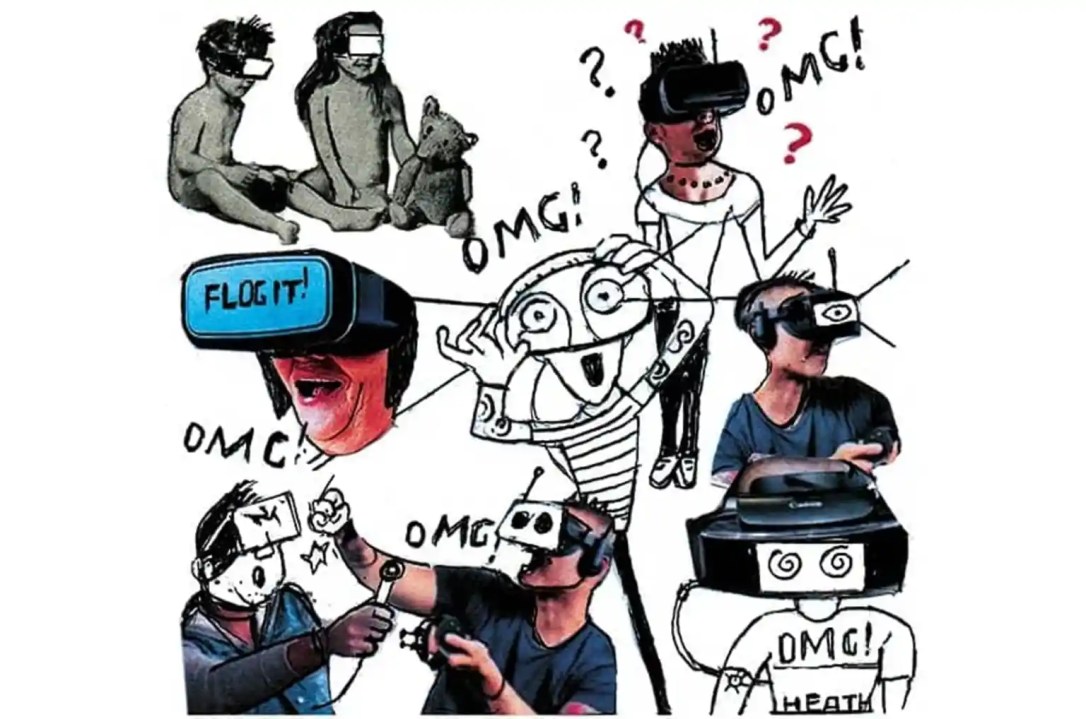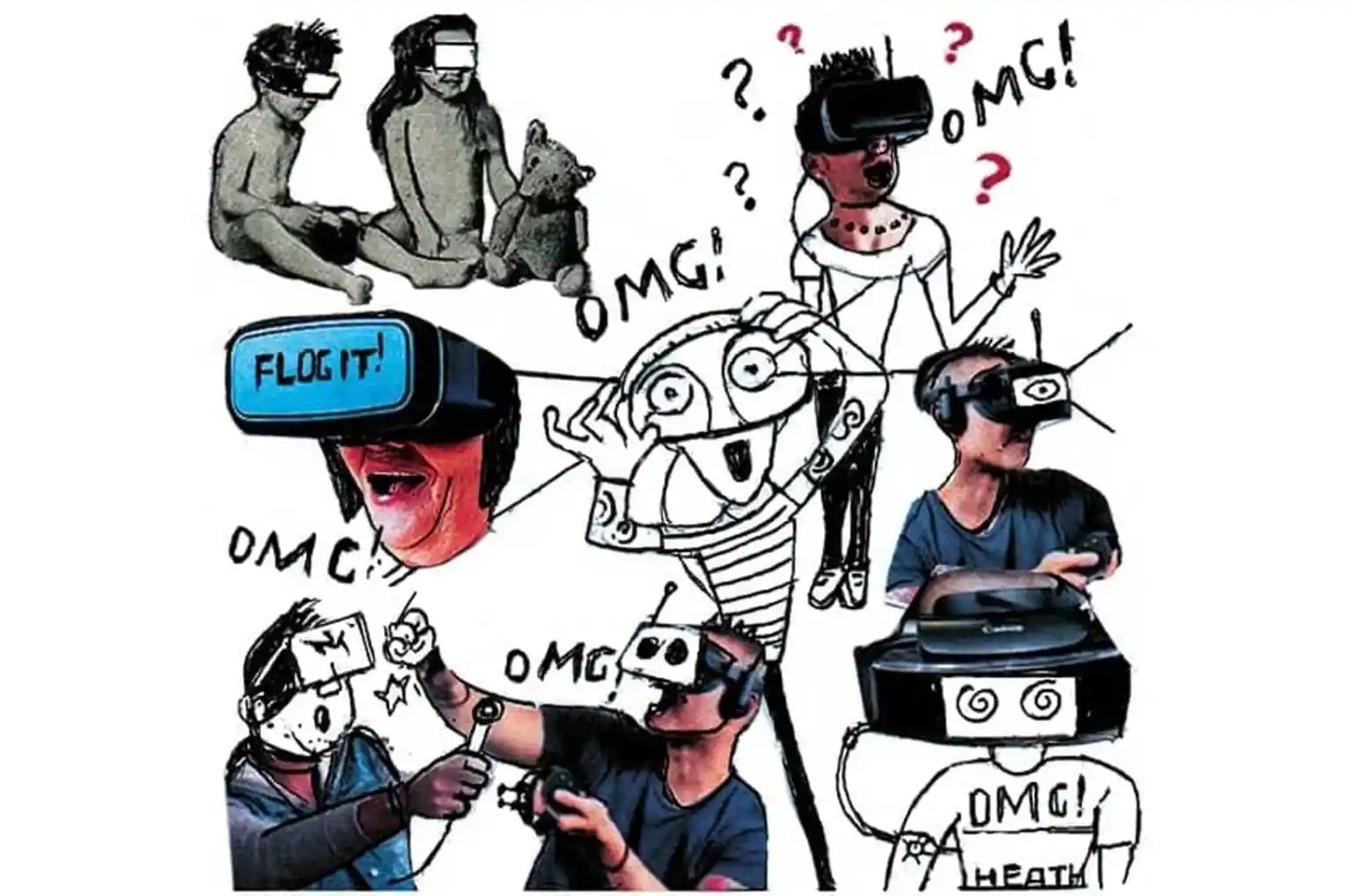Do you get that alarming feeling, right now, that everything is suddenly, rapidly, falling apart?
At the same time, does everything also feel strangely less real to you, as though modern life were just one big, phoney act – a performative parade of political spin, sloganeering, social-media campaigning, simulated outrage, and petty culture war point-scoring?
These two things are connected. We’ve spent years as a society constructing an elaborate pyramid scheme of virtual realities – from cryptocurrencies to social media influencers to startups that ‘outcompete’ each other only by posting eye-watering losses each year – all to the neglect of the real world. And now, in 2022, the real is finally catching up with us.
The word ‘virtual’ first emerged in the fourteenth century. It wasn’t until the fifteenth century though that it took on something like its present meaning: ‘being something in essence or effect, though not actually or in fact’. These early origins should immediately disabuse us of the idea that ‘virtual’ has anything to do with modern technology.

Get Britain's best politics newsletters
Register to get The Spectator's insight and opinion straight to your inbox. You can then read two free articles each week.
Already a subscriber? Log in







Comments
Join the debate for just £1 a month
Be part of the conversation with other Spectator readers by getting your first three months for £3.
UNLOCK ACCESS Just £1 a monthAlready a subscriber? Log in